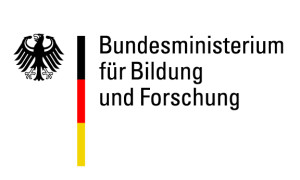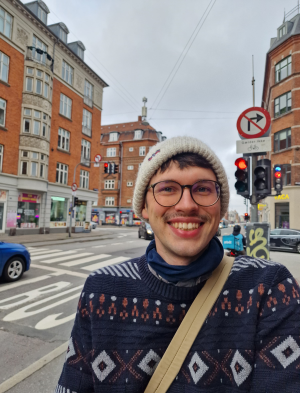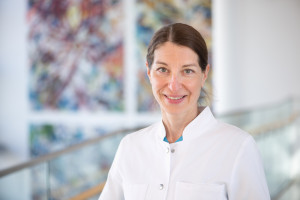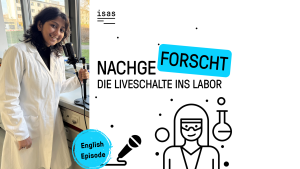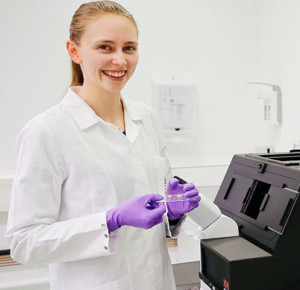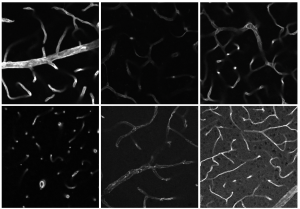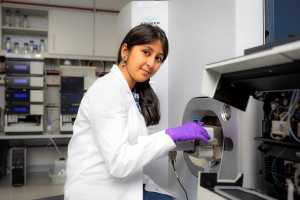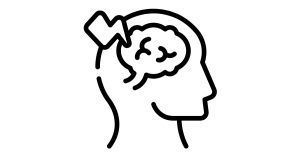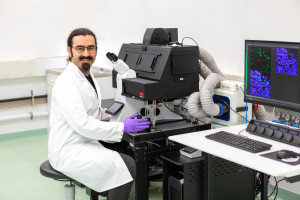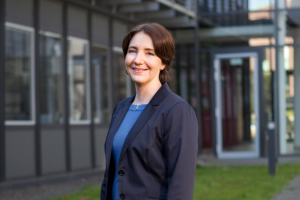Dortmund, 25th May 2022

Microscopy Machine Vision (MMV) is one of the main fields of research in the AMBIOM – Analysis of Microscopic BIOMedical Images group, headed by Dr. Jianxu Chen, at ISAS. The researchers and AI experts work on algorithms in order to enable broad-based new studies on the development of diseases and their consequences at the level of entire organs and organ systems. From June 13 to 14, 2022, from 9 am to 5 pm, ISAS Think & Tackle aims to offer biomedical researchers exclusive time with the AMBIOM experts so that they can tackle challenges in microscopic images analyses and discuss the potential of AI before designing experimental assays. The virtual event is free of charge.
Who can attend & how?
Any biomedical researcher who wants to address microscopy image analyses ideas or challenges can choose either »MMV-Brainstorming« (45 minutes) or »Live-MMV-Hacking« (90 minutes). They can either book a time slot for their own or attend with team members.
»MMV-Brainstorming«: Time for discussion for researchers who already have their imaging data (or even no data yet) and like to dive into the opportunities provided by AI for answering a specific biomedical question. The goal is to find a customised solution for their challenge.
»Live-MMV-Hacking«: Time for pair programming for participants who have faced some technical obstacles or who seek a second opinion on their preliminary code or method. The aim of this session is to come up with ideas of how to improve or fix their code.
Details & registration
Registration is possible until Thursday, June 9. Please use the following links in order to arrange a brainstorming or hacking time.
»MMV-Brainstorming«: https://calendly.com/ambiom/isas-think-tackle-brainstorming-session
»Live-MMV-Hacking«: https://calendly.com/ambiom/isas-think-tackle-hacking-session
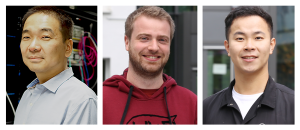
Dr Jianxu Chen (left) and his colleagues Justin Sonneck and Shuo Zhao share their expertise at ISAS Think & Tackle.
© ISAS
If you have any questions, please contact jianxu.chen@isas.de.
The MSCoreSys associated junior research group AMBIOM – Analysis of Microscopic BiOMedical Images is funded by the Federal Ministry of Education and Research (Bundesministerium für Bildung und Forschung, BMBF) under the funding reference 161L0272.
